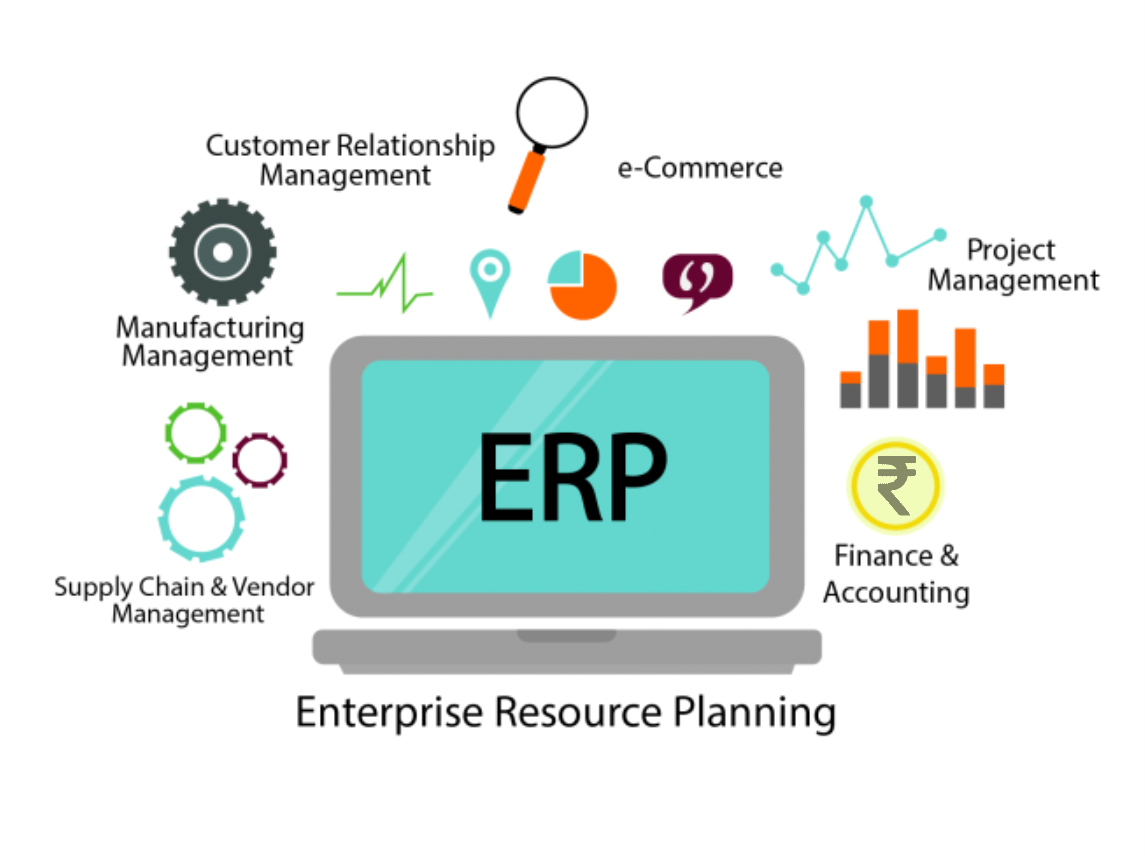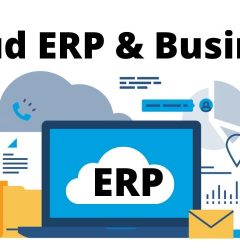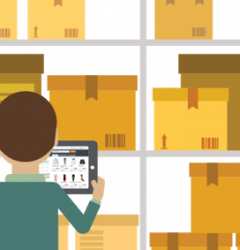
In simplest terms, ERP is the shortened form of ‘Enterprise Resource Planning’. They are a form of a software solution that can automate and streamline pretty much all the functions of a business. All the systems will be integrated into a centralized software application under ERP. By deploying a successful cloud ERP system, a business can experience a very smooth flow of information between all of its departments and their functions (within the boundaries of the organization). Such systems also facilitate to manage connections to outside stakeholders as well.
Cloud based ERP solutions can integrate internal and external management information as well. Any cloud ERP system functions based on a shared database that is hosted in the cloud. That database features multiple functions that are deployed in different units of the respective business. As a result of such a seamless integration of information, different divisions within the organization (for instance, finance and marketing sections) can work based on the same source for their respective requirements. As a result, inter-departmental relationships will be stronger and precise. There will be no room for miscommunication of information in the presence of a successful cloud ERP system.
Mentioned below are the essential components of cloud based ERP solutions.
- Inventory management
Well-built cloud based ERP solutions can facilitate precise inventory management. By using such a system, you can track each and every unit sold no matter how big or versatile your inventory is. Also, such a system will offer you the option of tracking items in batches or lots.
- Invoicing and payments
A comprehensive ERP solution can prepare and send invoices on behalf of your business. As a result, you can focus more on the strategies that help to grow your business instead of wasting time on making invoices. Also, the invoices created through an ERP system are precise so there is no room for error. Such an approach lets you keep track of all the outstanding payments without missing anything. Moreover, all the details related to those invoices and payments will be available for you with a couple of clicks or taps.
- Customer management
A sophisticated ERP system ensures that you have access to customer data as well. As customer-oriented business, you can analyze all the information and offer a very smooth experience. For instance, you can use such a system to set custom prices and offer special discounts to a specific customer or a group.
- Sales Order Management
Another essential component of a good cloud ERP system is sales order management. A comprehensive system can give you precise insight into whether the stocks can be properly allocated or you need a new stock to fulfill the requests of the customers.
- Sales return management
The same system can work as a tool to replace damaged items or making refunds for the items that are returned. In fact, both of those are an integral part of customer-oriented business.
- Accounting and finance
Cloud based ERP solutions come with the ability to handle your accounts with automation. It leads you to focus more on the growth of your business while the ERP system is tracking expenses, handling vouchers and a variety of other bookkeeping/accounting tasks.
So, it goes without saying that investing on comprehensive cloud based ERP solutions is a very smart initiative any business should make.









